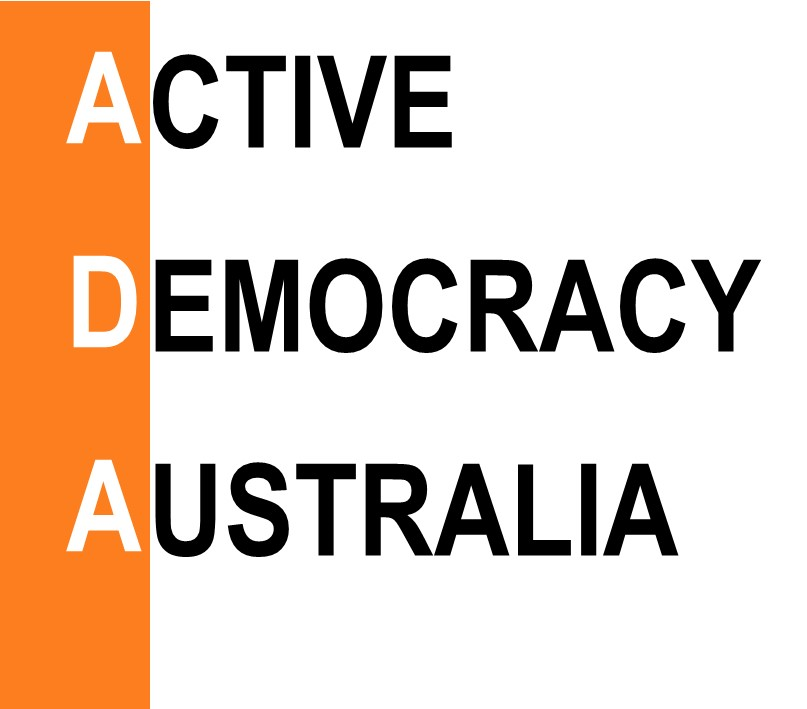Raising voter awareness about your MP and other candidates
Most voters know little about their MP, or other candidates in their electorate. In fact, one survey revealed that 61% of voters couldn’t even name their MP. MPs are generally only widely known if they are a prominent minister, shadow minister, party maverick or local identity, and other candidates will be even less well-known.
This lack of knowledge is a serious issue, because choosing the right person to be the electorate’s representative is critically important. The MPs we elect each represent about 170,000 very diverse people and the multiple areas of their lives that Federal government policies have an impact on, and together these MPs put up, debate and vote on legislation, and form the pool from which ministers and parliamentary leaders are selected.
So we, the voters, need to be more aware about our MPs, about their performance and policies, and about the performance and policies of other candidates for election. What exactly do we need to find out about? And how can we do this?
How to research the policies and record of your MP and other candidates
Currently, Labor has 77 MPs, the Coalition 58, the Greens 4, Centre Alliance and Katter’s Australia one each, and there are 10 independents (7 more than the previous parliament). Each of these parties and independents has a website, with a section on their policies (though it may not be titled ‘policies’). So check these out, but some words of caution. Policies may be described in very general terms – often consisting of little more than lofty goals – because that gives parties maximum leeway to work out the ‘how’ when in government, and it avoids giving policy specifics that become a target for attack by political opponents, the media and the public. As well, there is a cycle of policy creation and implementation within the election cycle, beginning with (usually) more general policy statements, followed by policy commitments during the election campaign, and, if a party wins government, it will then implement a proportion of these policies in some form, as well as implementing other measures it hasn’t taken to the election.
How MPs actually vote can be a better indication of their policy stance. The website They Vote For You tells you the parliamentary bills that each MP voted for or against (or abstained on), as well as whether they were following their party in doing so. Another site, Political Gadgets, also has this information, as well as biographical information, MPs’ speeches, their parliamentary expenses and their declared interests (that is, their properties, investments and gifts). The MP’s parliamentary webpage, like this one for example, also gives access to all their speeches, plus parliamentary committee memberships, party roles, votes, qualifications and previous occupations. (Just Google ‘aph’ followed by your MP’s name.)
An MP’s communication with constituents should be multi-pronged and tailored to the forms of communication that different constituents are comfortable with. For example, former Indi MP Cathy McGowan’s forms of communication included a newsletter, videos, social media, a website, postal surveys, and various forms of face-to-face contact with constituents, such as ‘listening posts’, where she would hear whatever constituents wanted to share, and kitchen table conversations. She ran ‘budget impact tours’, coached people on how to engage with the political system, and arranged for groups of constituents to spend time with her in Canberra.
You can learn a lot about your MP from constituents who have dealt with them (who may include participants in your group), as well as through any local media reports, and their websites and social media posts (all of which you can access by Googling their name). And you can learn much by meeting with the MP as a delegation from your electorate group.
This would be a huge amount of information for any voter to collect, so it’s a good idea for you group to collect and distil it into a concise, digestible form. That way, voters can more easily see where their MP stands on different policy issues, especially the ones voters have focused on in kitchen table conversations and other forums. Groups can also collect and distil policy information about other candidates, drawn from their party or individual websites, other online sources about the party or the individual, and any information candidates themselves are sharing with the electorate. Groups can also meet with them. Of course, it may be wise to spend more time on the candidates with the most chance of winning.
Sharing this information with voters
Two useful ways to let constituents know where each candidate stands on key policy questions are to arrange a candidates’ forum, and to do a survey of their policy views and publicise the results.
A candidates’ forum may be structured in different ways. You might, for example, give them a specific amount of time to talk about anything they choose to, or you might ask them to talk on specific topics important to your group, or you might do both. As well, always allow plenty of time for questions and discussion. If the forum is videoed, it can then be put online to reach a wider audience.
The survey should focus on issues of most concern to voters, as expressed in kitchen table conversations and other forums. Here are candidates’ responses to such a survey that was done by Voices of Warringah in 2019. The survey results can be published online, and handed out – perhaps in simplified form – at polling booths.
Connect
